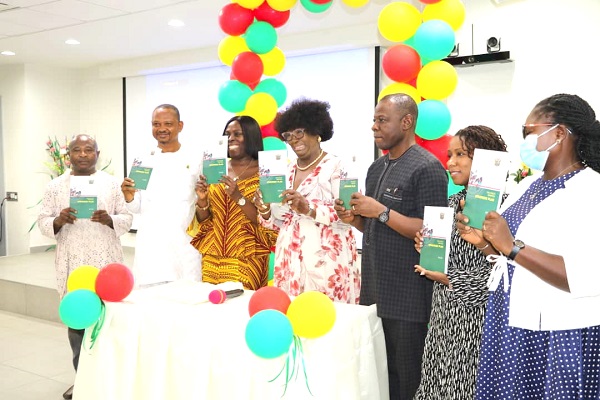
Ministry launches Public Health Strategic Plan - It addresses worker recruitment, distribution
The Ministry of Health has launched a national plan to enhance response to public health emergencies through human resource restructuring.
Known as the Public Health Strategic Plan, the five-year strategy outlines guidelines to address major barriers to responding to public health emergencies such as human resource distribution and recruitment.
Also referred to as the Health Workforce Strategic Plan, it presents a road-map that would guide the restructuring of the human resource of the public health workforce and ensure that the universal health coverage target is fully achieved, using the One Health Concept, by 2030.
It will, among others, guide the equitable recruitment, distribution, progression and possible exit of health workers across all sectors such that the country remains on course in achieving universal health coverage and other global health targets.
Launching the policy in Accra last Thursday, a Deputy Minister of Health, Tina Mensah, said the Health Workforce Strategic Plan was consistent with the country's vision to ensure that Ghanaians enjoyed healthy and productive lives in a healthy environment.
“This document will support in addressing some weaknesses in health workforce, particularly recruitment, workforce distribution, staff development, and employee motivation and employee migration,” she said.
Premise
She said among the many drivers of the all-inclusive policy was that during the 2017 Joint External Evaluation (JEE) by the World Health Organisation, the country was scored low in Health Workforce Strategy.
A Joint External Evaluation is a voluntary, collaborative, multisectoral process to assess country capacities to prevent, detect and rapidly respond to public health risks whether occurring naturally or due to deliberate or accidental events.
It helps countries to identify the most critical gaps within their human and animal health systems in order to prioritise opportunities for enhanced preparedness and response.
“As a result, some experts said the country needed to draft and implement a health workforce strategy.
It was also recommended that the strategy be reviewed, and reported on, annually.
“We are, therefore, here today to launch the solution to this imminent gap; Ghana's own Health Workforce Strategic Plan for the next five years,” Ms Mensah said.
She added that the Ministry of Health, together with the Ministry of Food and Agriculture and the Ministry of Local Government and Rural Development, and other stakeholder ministries with interest to influence health outcomes, had worked together to develop the strategic plan to guide the country’s health workforce needs.
A clinical epidemiologist and Senior Lecturer at the University of Ghana’s School of Public Health, Professor Ernest Kenu, said it would help to put a stop to the situation where health-related efforts were done in silos.
“During the 2017 Joint External Evaluation, Ghana had a low score in health workforce strategy, but based on this document it will help to address that gap and put all efforts related to health into a consolidated one to be tracked, reviewed and reported on annually,” he noted.
Writer’s email:
